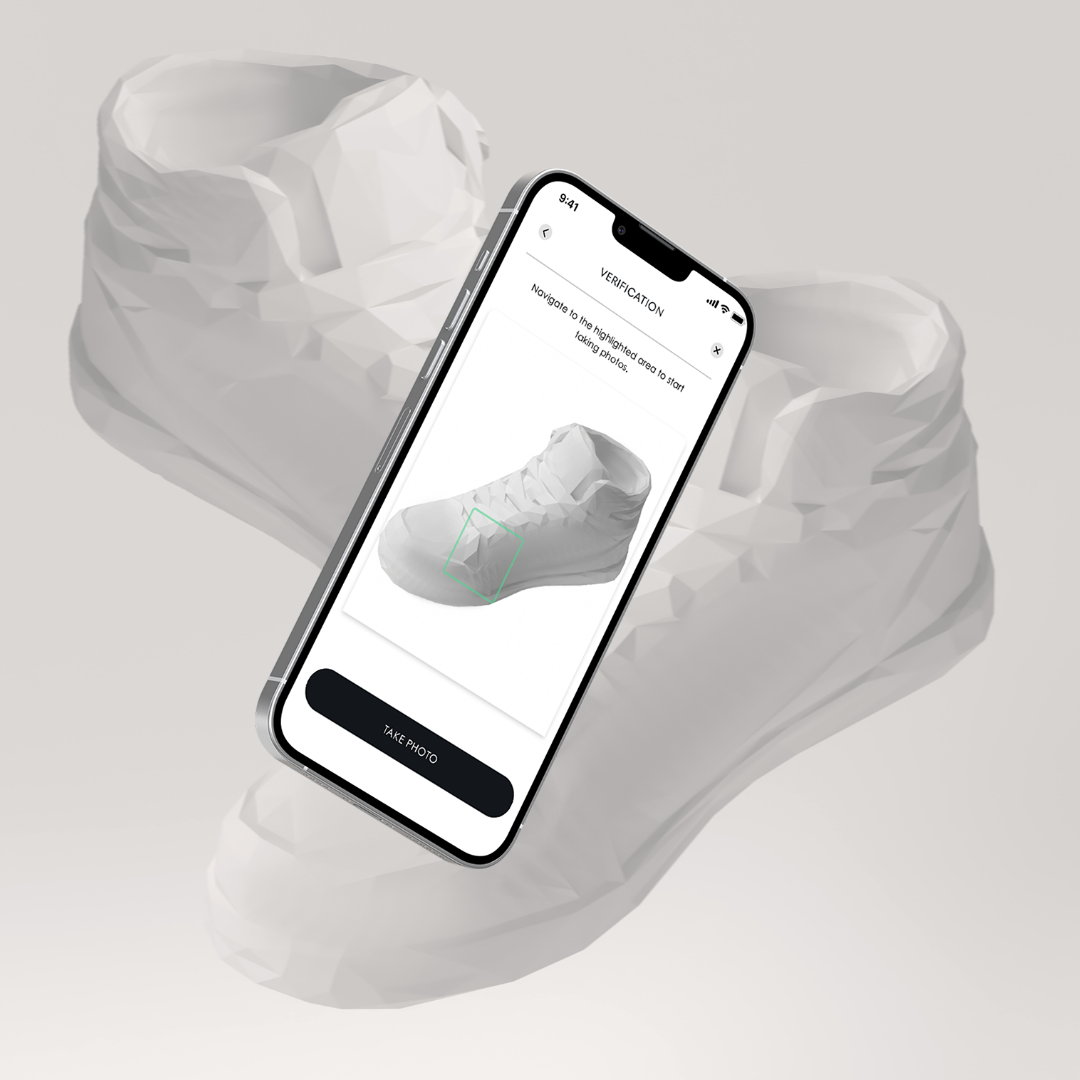The Modelling Agency Creating Digital Twins for the Fashion Metaverse
Photogenics, an art driven modelling agency based out of Los Angeles, has just launched an avatar division, creating hyper realistic avatars of their existing models. The Photogenics’ avatars were created by Horizon Lab director Sage Morei and Lilium Labs owner Nina Hawkins.
The avatars are available to be booked in the metaverse when clients purchase the rights for photoshoots or virtual runway shows. The avatars can model both metaverse wearables, drops, and tangible goods that can be bought in the real world.
3D metaverse avatars | Source: Twitter
The initial launch of these digital twins will include thirteen models: twelve women and one male. Photogenics will pay for the models’ avatars to be built and then retain ownership unless the models buy it themselves. Brands pay to licence out the avatar models for metaverse campaigns for a given period of time. Photogenics transfers an NFT with a built-in burn period, at the end of which the proof of licence expires.
For each gig the avatar is booked the model will make a percentage of the earnings. Founder and CEO Nicole Bordeaux said the company does not intend to replace the modelling profession with these avatars, but to extend it to the metaverse while increasing the value of real-world models.
The avatars are made by an initial scan of the model’s face and then a render of their facial structure and skin texture is formed, Hawkins and Morei work with ten different software programs to create a model’s digital twin.
3D metaverse avatars | Source: Twitter
Gabba Bogdan, a model who has worked with Sephora, Revolve, and Nike shared her experience with getting an avatar made, “The process took less than 10 minutes,” Bogdan said. And then it took Hawkins and Morei a few more months to finish the avatar. Humans have limited time on earth,” Bogdan said, “But in the digital space, we can live forever and leave our mark there.” Bogdan said she is looking forward to her avatar generating her income by working in the metaverse while she has time to explore other creative outlets.
Utilising avatars and virtual characters is nothing new for brands; we have seen countless examples of this like LVHM's fictional brand ambassador Livi, Gucci's avatars of creative director Alessandro Michelle, or even famous cgi influencers like Lil mileqa who has partnered with countless world famous brands. The world of avatars in the fashion metaverse is only getting bigger and more popular with Photogenics leading the way for model digital twins.
With digital twins showing promise in the Web3 world in modelling agencies and luxury campaigns, there is also a need for digital twins on the product side of the fashion industry.
The counterfeit industry has been and is a huge problem for the luxury goods industry and fight against climate change. With the rise of digital twins, companies are looking for immediate solutions to a burgeoning decades old issue. That’s where the Authentique comes in.
With the Authentique app, companies are able to virtually verify luxury items and place a digital twin on the blockchain during the point of sale of the physical product. The digital twin or NFT lives in the Authentique app and is able to be transferred if there is ever a resale of the item.
This type of technology uses visual recognition as opposed to RFID tagging and gaining momentum is disrupting the counterfeit industry unlike ever before.



